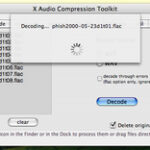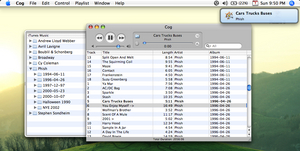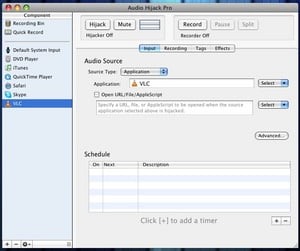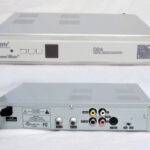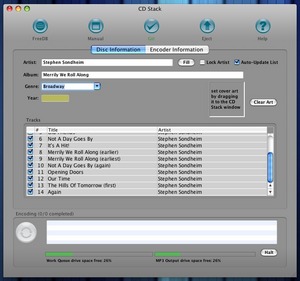Max is one of those programs I love to have installed, just because of how flexible, easy-to-use and powerful they are, and yet Max isn’t a program I use very often. Max, in a nutshell, is a free CD ripper that also doubles as an audio converter, written for Mac OSX (10.4 and above).
Why would you want this? Glad you asked. Sure, iTunes does a fine job of ripping your CDs to MP3 or MP4 or AIFF or WAV or Apple Lossless, but what if you want to encode your CDs to one of these formats:
FLAC
Ogg Vorbis
Musepack
Speex
Monkey’s Audio
Well, Max can encode to every format iTunes can, plus the five listed above, and more!
Max uses a fast ripper/encoder for, as the website says, “pristine discs,” but also offers a cdparanoia-based ripper, for when you want to be absolutely positive that your initial rip is exactly what’s on the disc. For those who aren’t aware of it, cdparanoia is typically seen as the “gold standard” in ripping software. According to the cdparanoia webpage, “Cdparanoia will read correct, rock-solid audio data from inexpensive drives prone to misalignment, frame jitter and loss of streaming during atomic reads. Cdparanoia will also read and repair data from CDs that have been damaged in some way.”
In other words, if you have a disc that skips and never seems to rip correctly, a ripper that uses cdparanoia might be your best bet for reclaiming the music that might otherwise be lost. Max intends to be that ripper.
As mentioned, Max can rip a CD and convert it to numerous audio formats – more than 20 total. To do this, Max takes advantage of open-source software, such as LAME (for mp3) and libFLAC (for FLAC), in addition to standard Mac libraries, such as Core Audio.
Additionally, Max is tied in to MusicBrainz, which is an online service that reads the track info off a CD and magically provides your player with the correct artist, album, and track names. When using Max, this information is typically added right into the metadata, so your files will already have the tag information filled in correctly. (Note: this works when encoding to MP3, FLAC, Ogg FLAC, Ogg Vorbis, Monkey’s Audio, WavPack, AAC and Apple Lossless.)
In addition to acting as a CD ripper, Max also can convert any audio files currently residing on your hard drive. Just as in ripping a CD, Max can export to over 20 audio formats.
Just another warning. I mentioned that the information from MusicBrainz was only written to roughly half the formats Max can save to, and this is true when converting between formats as well. Even if the original format has all the correct tag information, if you are not saving to one of the aforementioned formats (MP3, FLAC, Ogg FLAC, Ogg Vorbis, Monkey’s Audio, WavPack, AAC and Apple Lossless), then your tag information will need to be redone.
Overall, I found Max to be a great little product. It did what it was supposed to, and when I took files I ripped in Max and imported them into my Linux music player, everything was as it should be. My only wish would be for this functionality to somehow be imported into another software project – Play – also found on sbooth.org, but that’s probably asking too much. These project are setting up to be very similar to Linux programs – each one does one thing, and does it well. And that’s okay.


